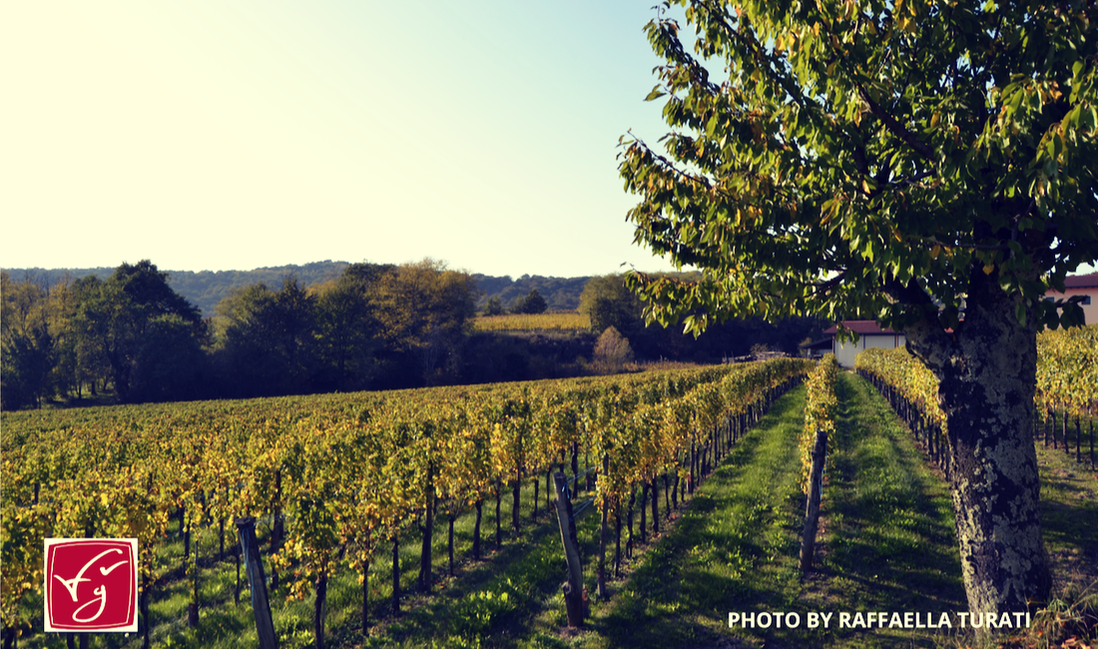The fifth ProWein Business Report rates the importance of challenges facing the wine sector after two years of pandemic. The international wine trade has been slowly recovering and the economic situation is significantly better than last year, and expectations for 2022 are positive. Italian and Spanish wine producers hope for the strongest post pandemic improvement of wine demand. French producers are slightly less optimistic because of the high crop losses due to late frost, while German producers are generally more reserved. Wine trade and hospitality expect the situation in 2022 to hardly change against 2021.
Increasing costs
But there are troubles ahead: disrupted supply chains and cost increases are currently one of the biggest challenges. The concurrent economic recovery occurring on a global scale after the Covid-19 crisis leads to strong cost increases for energy, raw materials and transport as well as to long delays in global merchandise shipping and, hence, also for wine shipments. Cost increases endanger the profitability of international wine transactions. The wine sector is therefore faced with the challenge of factoring in these cost increases and of passing them on in the supply chain, and is worried about wine consumers' reactions to price increases.
Climate change and sustainability
The process of climate change continues unabated and also in the ProWein survey constitutes a strong or very strong threat for six out of ten wine producers, making costly adaptation measures necessary. At the same time, wine producers are faced with the challenge of complying with increasing environmental regulation by means of investment. And sustainability has its costs, too.
The ProWein Business Report comprises industry views on the current and future significance of organic and sustainably certified wine growing. It specifically deals with the question of how sustainability can be communicated to consumers in the most effective way. «The particular importance of sustainability for the wine sector is reflected in the very high participation rate of nearly 3,000 international experts – stresses Prof. Simone Loose, Head of the Institute of Wine and Beverage Business at Geisenheim University – The sector is faced with the challenge of adapting to climate change while becoming greener and more sustainable as well as of credibly getting this message across to their customers. This will only be possible if the industry joins forces and wine producers and dealers as well as hospitality can all act and communicate credibly».
Going organic? Not yet...
The Green Deal of the European Commission aims for a quarter of European vineyards to be cultivated as certified organic to increase sustainability. But how sustainable organic viticulture really is? Thanks to the climatic advantage of dry, Mediterranean summers, organic viticulture is most widespread in Spain, Italy and France; 61%, 52% and 35% respectively, of the industry leaders participating in the survey are organically certified, and nearly all of them could imagine changing their production over to organic in future. But in case of moist and cool climate, as it is for Germany, things change: only 21% of the German producers surveyed are organically certified and the majority of vintners in Germany are not considering going organic in future either.
While some already undertook ecological actions (such as reducing usage of pesticides), the environmental and economic sustainability of organic viticulture is seen as rather critical by winegrowers. Only half of them believe that profitable viticulture is environmentally sustainable. Only 30% of German vintners, 40% of vintners in France and Italy and 58% of vintners in Spain feel that organic winegrowing is economically viable in the long term. A greater willingness to pay on the consumers' part would be a key prerequisite for covering the higher costs for organic wine production in growing regions not graced with an ideal climate.
The overwhelming majority of the industry demands further development of organic viticulture regulations. And eight out of ten industry experts demand a unique, strong sustainability standard that can be jointly communicated to consumers. A sustainable wine industry is only achieved if all actors along the complete supply chain cooperate and can also convince shoppers of the benefits of sustainability with their approach.
Source and graphics: ProWein Press Releases


 RSS Feed
RSS Feed